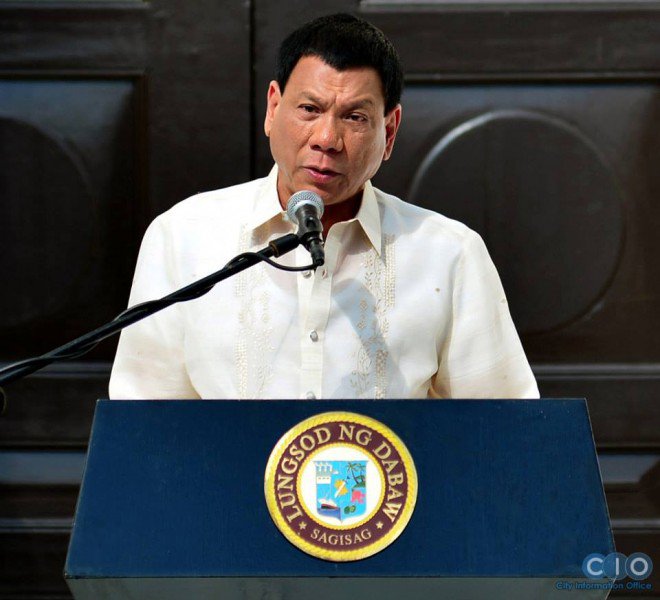
Manila, Philippines – A critic warned President Rodrigo Duterte on his plan of shifting the form of government into federalism. On Wednesday, August 3, 2016, a farmer of the 1987 Constitution said that it is better for the president to think twice before changing the form of the government here in the country. Atty. Christian Monsod said on an interview by ANC’s Headstart with Karen Davila, the reason behind the push for charter change must be debated first before the method of implementing the shit is thoroughly analyzed.
Monsod cited that there are things that can be changed without shifting the governance. He said that we need to look first if the local government code, mining law, educational law, and etc. can be changed without the said shift so that we do not put the social justice and human development provisions of the Constitution at risk. He urges that there are loopholes in themselves for the local legislatures that aimed for social reform because those lawmakers who authored them are just after for their own interest.
He quoted that “all of them have loopholes for the land owners, for example in agrarian reform, you can distribute shares of stock instead of land. Without distribution of land, there is no agrarian reform.” He said that in can also happen if the bicameral Congress gather as a Constituent Assembly in order to create and sanction the new Constitution. He claims that “If you do by particularly Con-Ass, congress is dominated, 70%, by political dynasties. These political dynasties, as I said, have been impervious to change. After EDSA, nag-backslide na agad yan, right? They always think about their own families and clans’ interest.”
Monsod said, that instead of adapting the system from other countries, it needs a further study for the administration the kind of federalism that would fit in the needs of the Philippine. In the first State of the Nation Address of President Duterte, he stated that he is preferred the French model, where the form of government is federal parliamentary.
